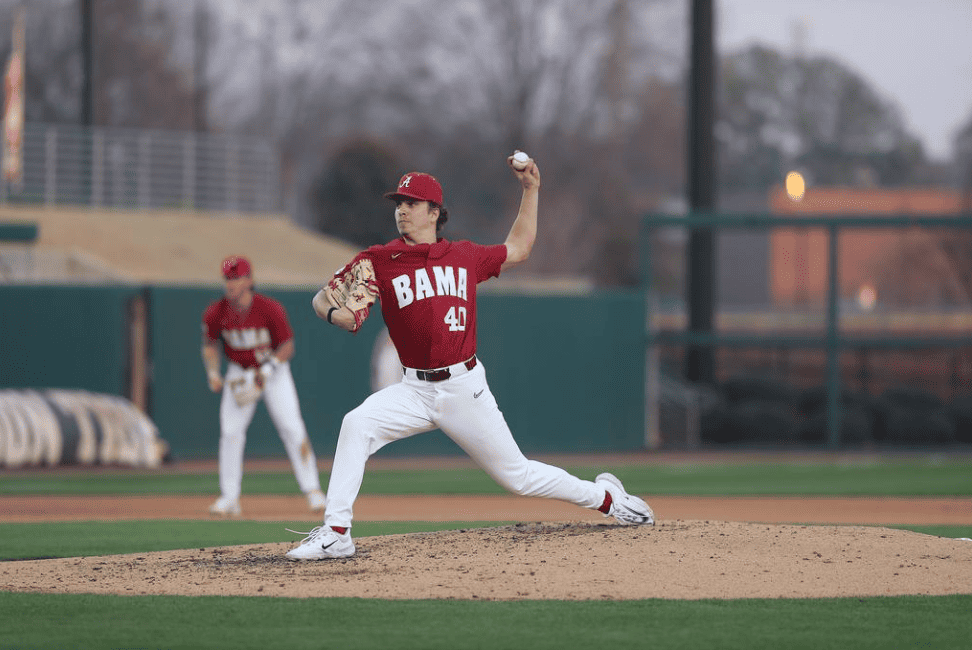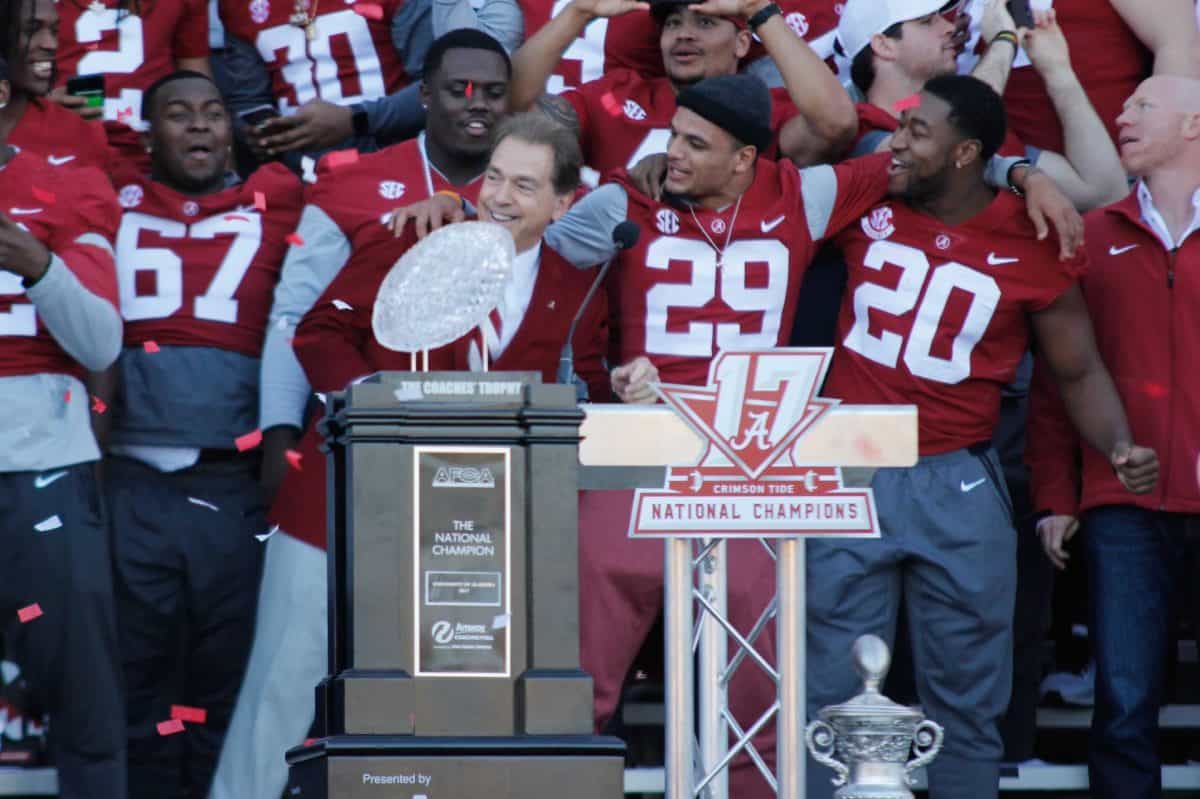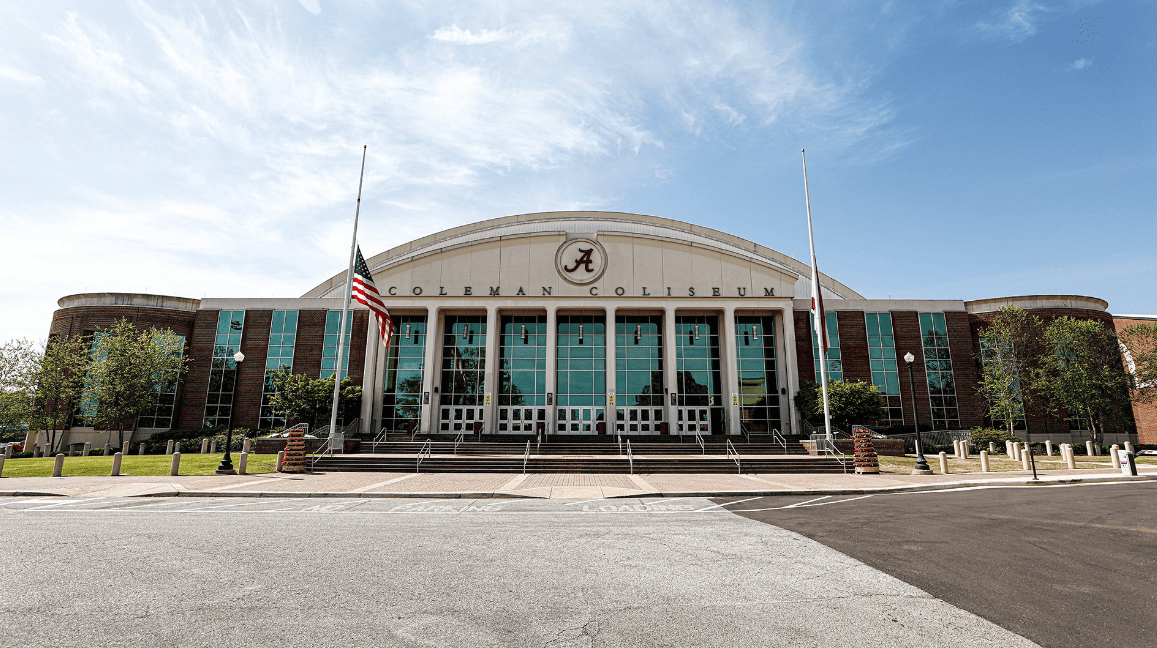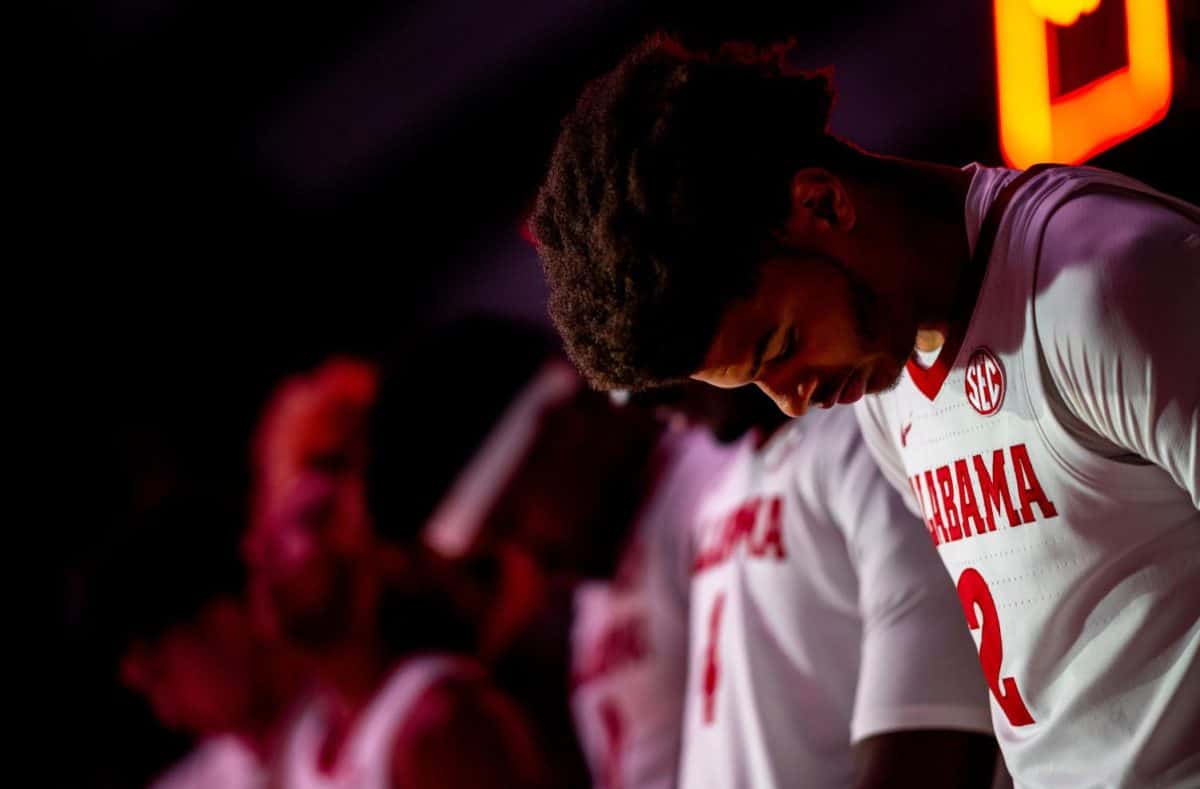As volunteers continue to pour into Tuscaloosa from around the nation, the Volunteer Reception Center, located at McAbee Center off Veteran Memorial Parkway, is attempting to provide more structure to the relief effort. A group of UA students have become central to that process.
In the initial week following the April 27 tornado that tore across the city, dozens of different volunteer initiatives sprung up as area residents immediately sought out ways to help. Since that time the city has been trying to get a more organized handle on the volunteer effort, so that the effort can be both safe and efficient.
When volunteers arrive at the McAbee Center, they’re asked to fill out an application form to provide biographical information and an outline of their skill set. Volunteers are then credentialed with badges, which authorize them to work in recovery zones in the city.
Richard Cockrum, a senior majoring in chemistry and a member of the Volunteer Organizations Active in Disasters logistics team, said Fridays and Saturdays are the busiest days at the McAbee Center, with many large groups coming on those days. In all, about 250 groups have registered through the McAbee Center.
“A vast majority of the groups coming in are faith-based,” he said. “We’ve been doing our best to coordinate all these different church groups. It’s been a bit of a challenge.”
Cockrum said credentialing, which began on Saturday, has three main purposes: to ensure volunteer safety, to pair volunteers with appropriate needs and to accurately log hours so that the city can receive payment from FEMA for volunteer hours dedicated to the recovery effort.
Though credentialing is not yet mandatory to enter recovery zones, it is expected to become a requirement at some point in the future. So far more than 10,000 volunteers have been credentialed through the McAbee Center and St. Mathias’ Episcopal Church.
The Center also acts as a base of operations for 21 AmeriCorps volunteers, who are doing damage assessments throughout the city. The group is surveying 500 buildings a day on average and helping the city prioritize which areas need the most attention, Cockrum said.
Andrew Price, a UA master’s student in electrical engineering, is working at the McAbee Center to develop databases for both volunteer information and damage assessment of city buildings. Eventually he plans to create a system to match volunteers’ skills with needs of different areas, as outlined by AmeriCorps damage assessments.
He said it was important to have people with a variety of skills involved in the recovery effort.
“We need someone who’s a database administrator, someone who’s a web programmer,” he said. “Everyone has a particular skillset, and finding that niche is something we are trying to do with this system.”
The McAbee Center also features an on-site call center, where volunteers provide information for tornado victims, volunteer groups looking to register and organizations who are requesting volunteers. The call center is actively seeking student volunteers to help man the phones.
“It’s a great educational experience because you get to interact with so many people,” Cockrum said.
In total, about 40 UA students have been involved in coordinating volunteer efforts through the McAbee Center, many of them a part of the University Fellows Experience program in the Honors College. The Fellows typically organize an annual community immersion experience in Marion, Ala. during interim, but the program was moved to Tuscaloosa because of the devastation caused by the tornado.
“[The city government] really expressed the need for volunteers to help with the organization of managing initiatives,” Cockrum said. “They’re providing the experience. We’re just intelligent manual labor.”
Cockrum and a group of UA students first met with the Chamber of Commerce and other city officials last Tuesday to try to figure out how they could apply their skills more effectively for the relief effort. “The city employees are so overwhelmed, they have to bring in some outside help,” Cockrum said. “Some people cut down trees. Some people donate clothes. We’re serving in the way we feel we can best help the city.”
In addition to utilizing the aid of students, the city has also brought in disaster recovery specialists from around the country to organize the volunteer effort. Gigi Rolfes, the executive director of Volunteer Macon in Georgia, has experience coordinating relief efforts after hurricanes in Florida, floods in Iowa and tornadoes in Georgia. She’s currently working out of the McAbee Center to help in Tuscaloosa’s recovery.
“The scope of this disaster is really amazing and heartbreaking at the same time,” she said. “It’s so many homes, so much infrastructure.”
She said she had never seen a disaster zone where the Salvation Army, the Red Cross and the Emergency Management Agency were all affected.
However, she said she was impressed by the outpouring of support from local residents. “It’s really exciting that so many people here care.”
As the national spotlight fades from Tuscaloosa, the city will have to adapt its volunteer coordination. But both Cockrum and Rolfes said they expected strong volunteer turnout in the months to come.
“We have this amazing base of people that live here that want to help their neighbors,” he said. In addition to area citizens, volunteer groups from out-of-state are already scheduling trips to Tuscaloosa for June and July.
“Long-term, this community is going to have to rally among themselves,” Cockrum said. “I think they will. It’s clear to me. I think these volunteers are in for the long haul.”
Cockrum said he thought it was important for UA students to be involved in the recovery effort. “Don’t feel like you need to come in and think of a way to save the city,” he said. “Find ways you can support the effort.”






